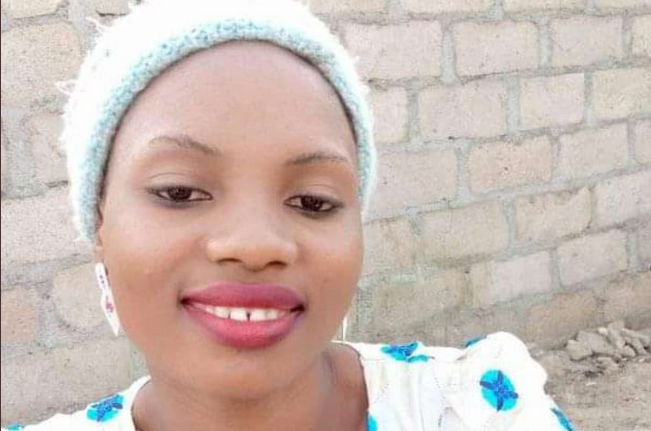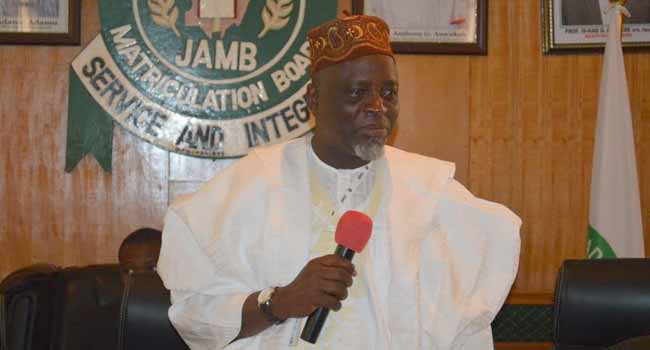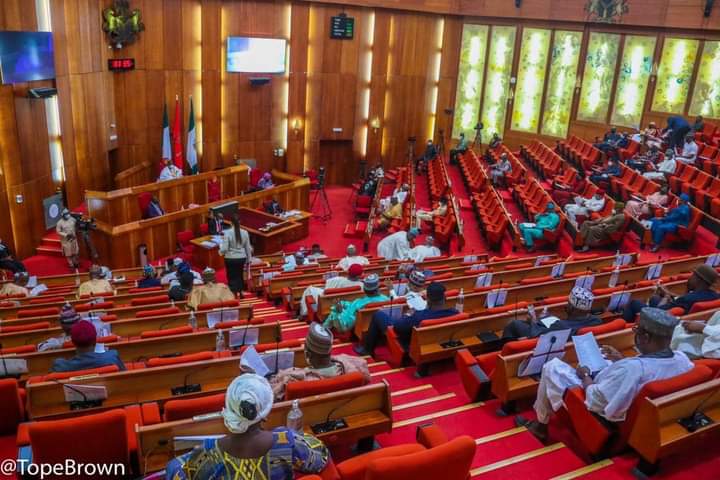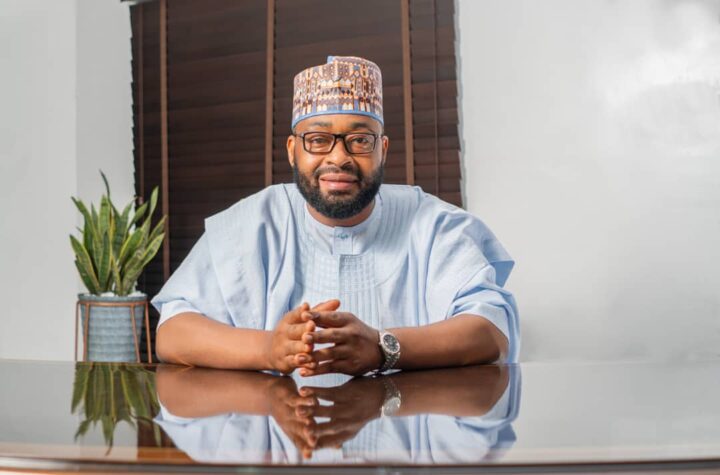BY HARRISON MMERENU
Last week, the ghosts of Gideon Akaluka, Christianah Oluwasesin, and Grace Ushang came to haunt Nigeria. They took on the body of Deborah Yakubu and mocked our nation once again. For many, Gideon Akaluka, Christianah Oluwasesin, and Grace Ushang are unfamiliar and so need an introduction.
On January 3, 1995, Associated Press reported the beheading of Gideon Akaluka whose illiterate wife was alleged to have used pages of the Quran as toilet tissue. This caused tension in Kano and security men had to step in. But just like Deborah, Gideon was snatched from the protection of security men. The police officers who detained Gideon promised that it was for his own good, but hours later a small mob broke into his jail, beat him to death, and staked his head on a pole while they marched the streets of Kano in victory songs. The military government of General Sani Abacha reacted to this killing by banning religious gatherings to prevent a clash between the two major religions in the country.
Police reinforcements were sent only after the murder: six people were arrested. There is no clear account of what happened to the six people arrested for the murder.
Advertisement
Twelve years after Akaluka’s murder, secondary school students in Gombe lynched Christianah Oluwasesin. She was invigilating an exam when she discovered that some kids were committing examination malpractice. She snatched the book, and lo and behold it was the Quran. She was accused of desecrating it by the same students who lacked honour and respect by cheating with the holy book. Two years after Christianah was killed, Grace Ushang was raped and murdered. Her original sin: she was wearing trousers given to her for her primary assignment as a National Youth Corps Member serving her fatherland. The state that foisted the duty upon her also failed to protect her.
Akaluka, Oluwasesin, and Grace have resurrected; they took on human form when Deborah Yakubu was gruesomely murdered and set on fire by Muslim youths in Sokoto. Her crime: blasphemy. She cautioned her fellow students at the Shehu Shagari College of Education to stop posting religious messages in their WhatsApp group meant for posting assignments. The students took offense at her boldness in speaking against their religion and pronounced a fatwah on her. In the video of her death in circulation, the students could be seen stoning Deborah while she tried to run to safety. But the mob would not allow her to escape. Even in death, the mob continued to stone her; they burned her and captured their crime on tape. As she burned to ashes, the youths boasted, one even showed the camera person the match-box he used to set the lady ablaze. This video is the picture of impunity, the knowledge that nothing committed in the name of the prophet will be punished. The assurance that many have killed in the name of God without consequences and he won’t be the first to be held accountable for subjecting a citizen of the state to jungle justice. These young men set someone ablaze without blinking an eye, and yet they taunted the resolve of the state to act; they pissed on the laws of the land daring it to bring them to justice.
The video of Deborah’s murder tells us a lot about Nigeria: a fictional country being written by a drunk writer who specialises in magical realism. Her killing is too strange to believe, almost like a fantasy. I waited several days hoping that a fact-checker would flag the viral video as fake, hoping my cynicism would be right for just one time. But it is true, that the mob suspended reason and intellect and celebrated and boasted freely over her murder while educated men and women tried to justify this cowardly act in the name of religion. In the past, we have condoned this foolishness in the name of illiteracy, we have conjured up excuses for Boko Haram terrorism citing the backwardness of the north in terms of education. Deborah’s death was orchestrated in a college of education: a marketplace of ideas. In a sense, it shows us how Boko Haram is not just a band of misguided people misinterpreting the religion but how many educated people in the north are their sympathisers. Let’s state it plainly and simply: there is no justification whatsoever for this heinous act. To kill for any religion only diminishes the divine powers arrogated to that religion.
Advertisement
A time like this demands that the government acts boldly and swiftly to prosecute these men. This crisis demands that we set aside religious and sectional interests and stand on the side of the rule of law. However, the government has decided to relinquish its responsibility to a committee to investigate a murder with irrefutable evidence on tape. Impunities like Deborah’s killing continue to persist because of the state’s inability to protect its citizens against mobs like this. Thomas Hobbes paints a picture of how the state and subjects work; he believes there is a contract that enables humans to renounce violence and their natural right to defend themselves in order to enjoy protection from the government. The social contract between the citizen and the state is broken each time a citizen loses the protection of the state, each time the state fails to act to bring terrorists, kidnappers, secessionists, and religious fundamentalists to book. The state fails in its duty to protect lives and property each time it allows a sin within a certain set of religious beliefs to be made a crime for all Nigerians.
Nigeria needs a radical conversation about the supremacy of the constitution over religious and sectional beliefs. Let those who want to continue to live in the era of the crusades plainly and simply make this clear. Let us demarcate this foolishness and state where and who it applies to and why it shouldn’t apply to those who do not live within the boundaries of intolerance.
Gideon, Christianah, Grace, and Deborah are the ghosts of our history and the things we’ve failed to resolve. Nigeria is an expert at moving on in times of moral crisis; it is a nation without definite enforcement of the sanctity of life and how we as a people will continue to exist. Our failure to define a clear protocol of association as a diverse group leaves the instrument of violence in the hands of a radical few. This can’t continue. We must not add another ghost to our archive of unresolved murders after Deborah Yakubu.
Harrison Mmerenu wrote from Miami University in Ohio, United States. He can be reached via [email protected]
Advertisement
Views expressed by contributors are strictly personal and not of TheCable.
Add a comment






